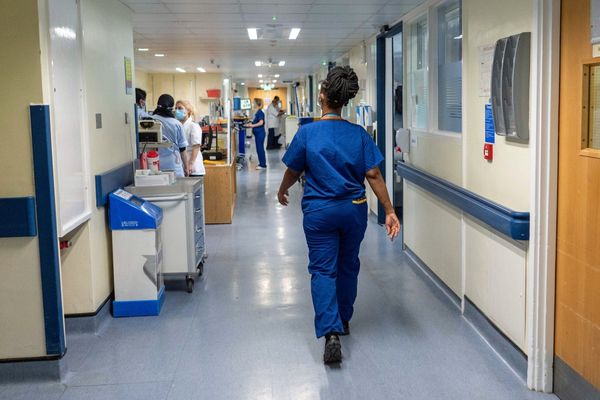
The donor “was also kind enough to poop into a blender”
(Picture: Getty Images/iStockphoto)A woman has taken to Twitter to share an alternative method to try and help improve her stomach issues – in the form of “23 pills” made of someone else’s poop.
With help from an evolutionary psychologist and Associate Research Professor at the University of New Mexico, Diana Fleischman, Aella (@Aella_girl) shared her experience with 88,000 Twitter followers.
Her goal is to relieve her persistent stomach issues, which she suspects to be microbiome, in addition to “really bad IBS.” She explained how a donor “was also kind enough to poop into a blender” and allowed her to use it as part of a “DIY fecal transplant.”
The feces are then encased into an ingestible pill for the client to take. “The idea behind the transplant is that the healthy donor feces can restore “good” bacteria levels in the gut,” according to Live Science.
While Aella stated that there are currently “no negative side effects” from taking the pills, she guesses that the potential benefits could take around “48 hours to 3 months” to take effect.
“I’m wondering about brain fog and energy,” she added. “I tend to be really low energy and often feel like I’m thinking through a cloud. My donor, on the other hand, is super clear and really high energy (as well as no-acne and no-anxiety). Maybe it’s a gut thing?”
Sign up to our new free Indy100 weekly newsletter
I ate poop! With the help of @sentientist I ate 23 pills of poo from a donor with a "stomach of steel" (who was also kind enough to poop into a blender). I had no negative effects or nausea. This was a DIY fecal transplant to hopefully help my really persistent stomach issues. 1/
— Aella (@Aella_Girl) October 31, 2021
In a grossly explicit reference to how easy a DIY fecal transplant can be, Michael Silverman, MD, chair of the infectious diseases division at the Schulich School of Medicine at Western University in Toronto, told WebMD: “If you’ve ever made a milkshake, you can do it.”
While there is not yet FDA approval for fecal transplants, the FDA will allow FMT to be used in recurrent cases of C Diff that are unresponsive to regular therapies (antibiotics). Fecal Microbiota Transplantation (FMT) will require more research to become a widely-available treatment.







